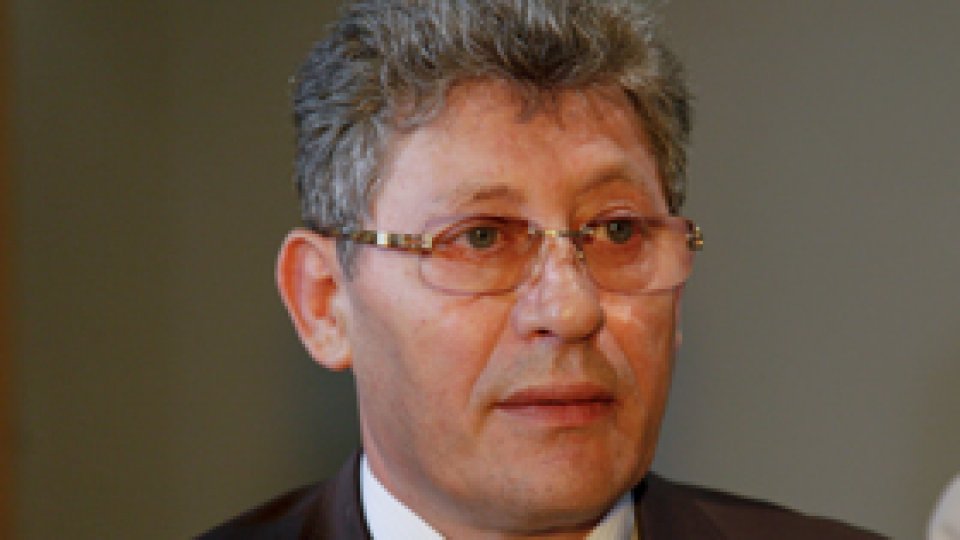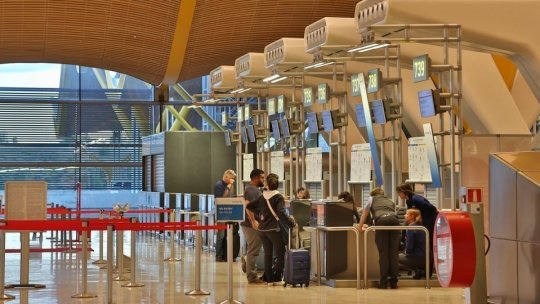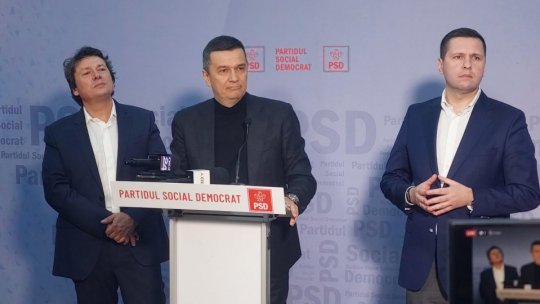The Republic of Moldova, back to square one
After more than a year in opposition, Vladimir Voronin’s Communists seem to fare better in electoral terms, in contrast with the democrats.

28 Septembrie 2010, 15:38
20 years after gaining its independence, the historic destiny of the Republic of Moldova, the small ex-Soviet state on Romania’s Eastern border, with a majority Romanian-speaking population, is now at a new turning point.
Moldovan voters will have to vote in the early parliamentary elections slated for November, to decide on the republic’s fate – opting for a Communist regime or a non-Communist one? The elections will once again pitch Pro-European options against pro-Russian affinities and, on the other hand, will make pro-Romanian sentiment face pro-Soviet aspirations.
On Tuesday, the Constitutional Court in Kishinew gave its approval for the one-chamber Parliament to be dissolved and for early elections to be called. According to the republic of Moldova’s interim president, Liberal Mihai Ghimpu, the elections are to take place on November 28th.
Ghimpu is forced to take this measure after the constitutional referendum of September 5th to elect the president by a direct and universal ballot fell through, due to a low turnout.
Communists or democrats?
As a result, the election campaign in Kishinew will begin within days. The script is all but known, and the players are the same, but tough questions are still on – Communists or democrats in power? After more than a year in opposition, Vladimir Voronin’s Communists seem to fare better in electoral terms, in contrast with the democrats.
As in previous campaigns, the Right and the center of Moldovan politics are affected by a lack of unity and credibility, flaws that have always proven vulnerable faced with the Communist voting machine. In a state of 4 million inhabitants, of which one third work abroad, the 600 000 pensioners could decide the fate of the elections. Most of them still live the nostalgia of Soviet times. The cost of Russian-imported gas, that of wine exports on the Eastern market and the timely salary pay may also play an important part.
The experience of a one-year democratic and Liberal governance may be expected to bear on the 2010 election campaign, which is new, intelligent and free of the renowned manipulation and brainwashing techniques applied to voters.
The campaign aims at debating the genuine problems of a Republic viewed as the poorest country in Europe. As some observers say, however, the future of the election campaign will lack both the message and the plot.
As usual, Communists will charge in a noisy and aggressive way, while the Alliance’s democratic parties for European Integration will go for a defensive stand.
(Radio România Internaţional, Serviciul în limba engleză).














